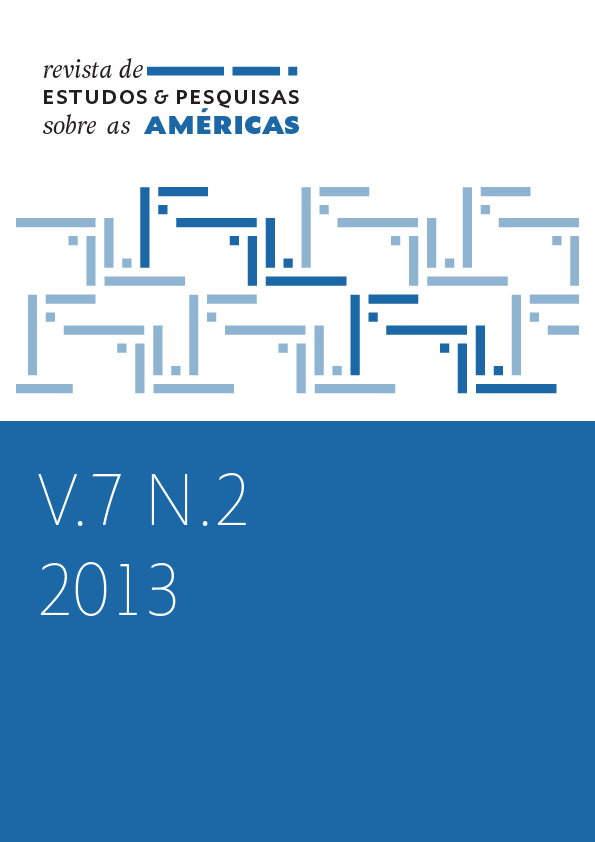INDIGENOUS PEOPLES AND THE CHALLENGES OF THE LAW IN NEOLIBERAL CONTEXT
Between strategic use, dispossession and criminalization
Keywords:
Indigenous people, Neoliberalism, ViolenceAbstract
The year 2000 marked a time of great hope for many social sectors in Mexico. The electoral defeat, that happened this year, of the Institutional Revolutionary Party (PRI), which ruled the country for over seventy years, seemed to herald new life to the stagnant Mexican state, an alleged opening to the construction of more egalitarian relationships with historically marginalized social sectors, especially with the Indians, and in general, with what some groups saw as the flourishment of a civic culture rooted in democratic practices and in a multiparty system.
These expectations soon faded, however; not only did it not produce the expected changes but it sophisticated and deepened anti-democratic practices of the old regime; as well as helped economic exclusion and marginalization because of the radicalization of neoliberal policies that began with the previous PRI governments. For indigenous peoples the bounded constitutional reforms of 2001, which recognized their rights of free self determination and autonomy, soon showed its limits accompanied by regulations that reduced the scope of rights granted and which were accompanied by policies to promote privatization of indigenous lands and to facilitate the incursion of transnational capital in areas with attractive natural resources to the demand of world capitalism.
Downloads
Downloads
Published
How to Cite
Issue
Section
License
The published material is the property of the Journal, and may be reproduced in whole or in part with indication of the source.
Copyright: Authors will be responsible for obtaining the copyright of the material used. Authors who publish in this journal agree to the following terms:
a)Authors retain the copyright and grant the journal the right of first publication, with the work simultaneously licensed under
the Creative Commons Attribution License which allows the sharing of work with acknowledgment of authorship and initial publication in this journal.
b) Authors are authorized to take additional contracts separately, for non-exclusive distribution of the version of the work published in this journal (eg, publish in institutional repository or as a book chapter), with acknowledgment of authorship and initial publication in this journal.
c) Authors are allowed and encouraged to publish and distribute their work online (eg in institutional repositories or on their personal page) at any point before or during the editorial process, as this can generate productive changes as well as increase the impact and the citation of the published work (See The Effect of Free Access).
















